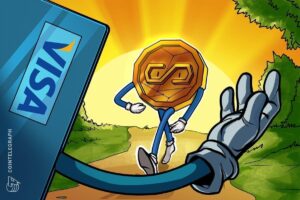Rethinking Tokenomics: User Contribution as the Optimal Solution

The design and distribution of digital tokens in decentralized projects has long been a central focus, yet it often faces significant challenges. Many of these projects rely on traditional tokenomic models, which may not necessarily align with the nature of decentralized communities. The core issue is that these models often prioritize financial speculation over encouraging active participation and genuine contribution to the project’s development. When the focus is heavily on increasing the token’s market value, users lose the incentive to contribute their ideas, time, and efforts to building a strong and sustainable community. The optimal solution to this problem lies in redesigning tokenomic models to fairly reward active contributors. This means providing rewarding incentives for individuals who provide genuine added value to the project, whether through code development, content creation, community support, or any other form of constructive participation. By focusing on contribution, decentralized projects can build more engaged and sustainable communities, enhancing their long-term success. Furthermore, tokenomic models should be flexible and adaptable to the changing needs of the community. This means that projects should be prepared to make adjustments to token distribution mechanisms and participation incentives based on user feedback and changes in the surrounding environment. Ultimately, the goal is to create a system that rewards contribution and encourages active participation, leading to sustainable growth for the project.




